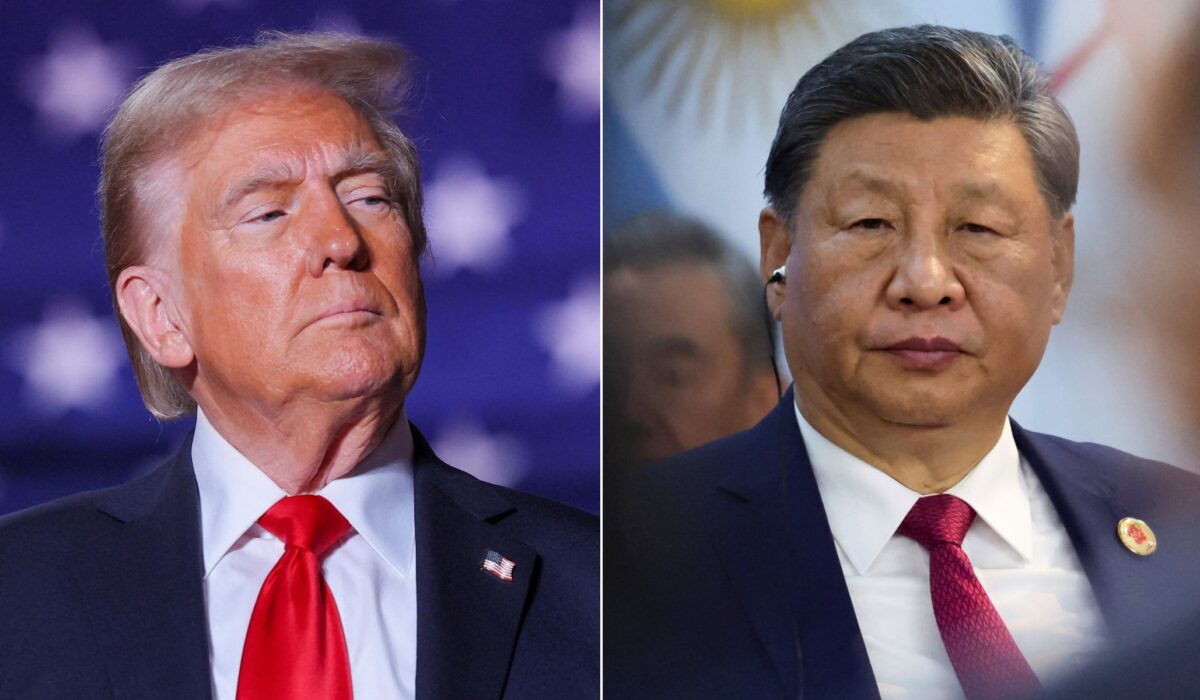The U.S. Has Leverage — Don’t Let Beijing Shape the Story
China spends a lot on shaping narratives abroad, but we shouldn’t let their spin obscure America’s strengths. From trade tools to military alliances, the U.S. holds practical levers that matter. Recognizing that power is the first step to using it responsibly.
Economically, Washington controls access to the largest consumer market on earth. Tariffs, export controls and investment reviews are blunt instruments but effective when applied smartly. They give policymakers leverage to protect national security and reward fair behavior.
On technology, America still sets many of the rules. Semiconductor manufacturing, advanced software, and AI leadership are levers Beijing wants badly. Preserving those edges forces China to negotiate on terms that matter to U.S. interests.
Supply chains are another area where leverage exists, because dependency cuts both ways. We can reshuffle sourcing, incentivize reshoring, and tighten export rules to reduce strategic vulnerabilities. That reality undercuts any claim that the United States is helpless in the face of Chinese pressure.
Alliances offer multiplier effects that Beijing often ignores in its propaganda. Working with democratic partners strengthens sanctions, export restrictions and diplomatic isolation when needed. A united front raises the costs for coercive behavior and signals resolve.
Military posture remains a straightforward deterrent people understand. Presence in key regions, freedom of navigation, and arms sales to allies are practical tools, not empty rhetoric. Communicating credible consequences matters as much as the assets themselves.
Information operations are part of the struggle, so we need to counter false narratives without becoming mirror images of our rivals. That means clear, consistent messaging that highlights objective facts and exposes distortions. Public diplomacy paired with policy action is far more persuasive than passive complaining.
Economic statecraft should be used selectively and transparently, not as permanent punishment. Targeted measures that protect critical industries and enforce trade rules are different from broad isolationism that hurts Americans. The goal is to align policy with national interest, not to win a PR contest.
Private sector resilience matters too, and laws can nudge businesses toward better decisions. Robust screening of investments, incentives to secure supply chains and clear export compliance rules give firms the framework to act patriotically and prudently. Markets plus sensible regulation produce durable outcomes.
Congress and the executive branch must coordinate so policy isn’t driven by partisan chaos or short-term headlines. Unified, predictable strategy amplifies the leverage described above and avoids mixed signals to rivals and allies alike. That consistency discourages adversaries from testing U.S. resolve.
Americans should expect leadership that uses tools wisely and explains why they work, not leadership that accepts Beijing’s version of reality. The story the Chinese Communist Party pushes is crafted to make Washington look weak, but the facts tell a different tale. We have plenty of leverage; success depends on using it with clarity and conviction.

